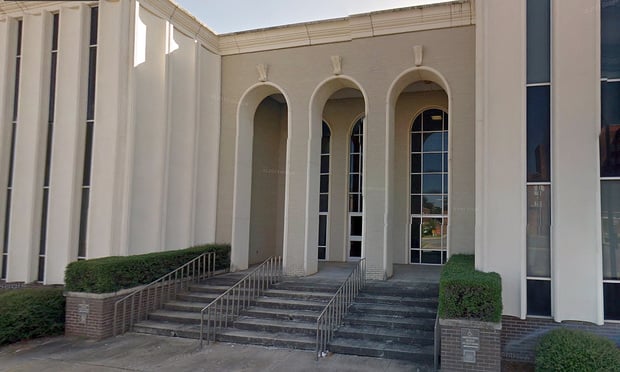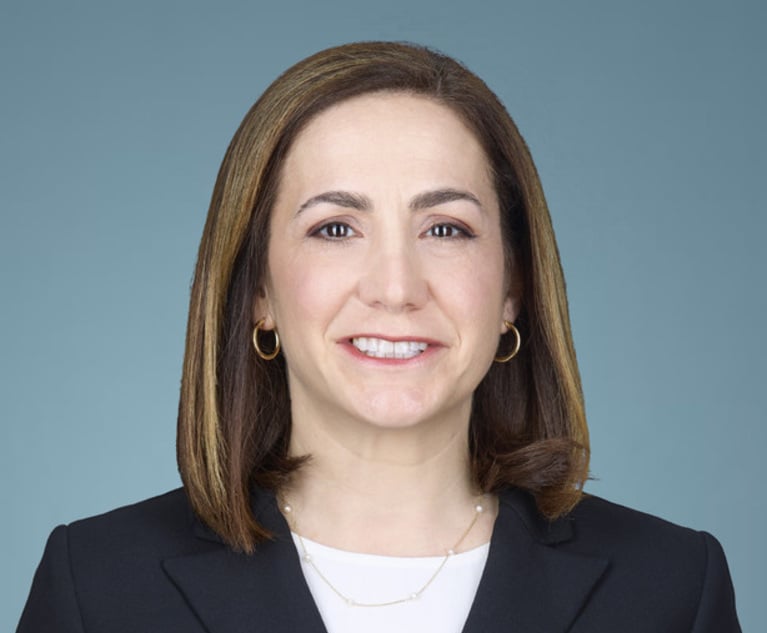When more than 100 people were summoned to the Dougherty County Courthouse as potential jurors for a highly-publicized local murder trial in early March, no one knew one of them would become one of the first county residents to test positive for COVID-19.
Dougherty County District Attorney Greg Edwards said the juror who became ill during the trial last month was the first person known to suffer from symptoms later diagnosed as the coronavirus while in the county courthouse.
The juror was one of 14 panelists, including two alternates, who began hearing the “stand your ground” case of local moving company owner Jazzy Huff on March 9, according to Edwards and the county’s clerk of court, Evonne Mull.
That infected juror potentially exposed the entire jury pool, the prosecutor, the defendant and his lawyer, court bailiffs, the judge and her court reporter and other court personnel.
Mull said she sent letters to 110 people in the jury pool notifying them they could have been exposed to the coronavirus after the juror was hospitalized. Mull said she is not aware of any members of the jury pool becoming ill or testing positive for the virus. But, she said, testing is still largely limited to people with severe symptoms who are reporting to the hospital.
The juror has since recovered and been released from the hospital, she said.
Edwards said he didn’t recall the juror displaying any physical symptoms that she was sick during the trial. “In my normal courtroom process, I make close contact with the jury box,” he said. “There was no noticeable coughing that I recall.”
On March 11, the trial’s third day, the juror sent a note to the presiding judge, Denise Marshall, saying she was feeling ill, the district attorney recalled. “The judge determined that we would see if she could press on at least for the rest of the day, which she did,” Edwards said. “She was in the [jury] box with everybody else.”
The following day, the juror was in the hospital with pneumonia and tested positive for coronavirus, Edwards said.
County administrator Michael McCoy, who is notified of all county employees who test positive for the virus, said that 23 court employees have tested positive despite the county’s best efforts to curtail the virus.
Courthouse staff that have tested positive for the coronavirus, including some who have been hospitalized, work for the district attorney; the public defender; the juvenile, probate, state and superior courts; and 16 sheriff deputies assigned to the courthouse, McCoy said.
McCoy said he had already directed county department managers and elected officials to implement social distancing practices and encouraged telecommuting before the juror became ill. The courthouse also was thoroughly disinfected after the juror’s diagnosis. “We have been vigilant,” McCoy said.“But these were people who had high contact with the public.”
Despite their efforts, staff throughout the courthouse began testing positive for the virus. One of them, Dougherty County Probate Judge Nancy Stephenson—died April 1 after testing positive for the virus the previous week. Stephenson’s husband, Dougherty State Court Judge John Stephenson, is also ill with the virus.
“Our community is in mourning, not only from the public losses, but also the nonpublic figures who are lost,” said McCoy. “I think everyone should strongly consider closing their courts down,” he added. “Every day you are interacting with the public and carrying out your court functions, you’re putting yourself, your staff and the public at risk, especially if you are not able to provide personal protective equipment.”
The virus hit Albany so swiftly that, by the end of March, the city with an estimated population of 75,000, ranked second in the nation and fourth in the world for the number of reported coronavirus cases per capita. On Monday, Phoebe Putney Memorial Hospital reported 43 deaths tied to the coronavirus, with 1,405 people testing positive.
The juror was one of the first reported coronavirus cases in Albany. The same day she notified the court she was ill, Phoebe Putney reported its first presumptive coronavirus case. That patient, who was “visiting southwest Georgia,” was treated and transferred to a metro Atlanta hospital “to be closer to their home,” hospital authorities said in a March 11 news release.
The hospital also announced a second person was diagnosed with COVID-19 later that same day.
Edwards said he hasn’t been tested or become ill but assumes he is a potential carrier and is self-quarantining for two weeks. But he said his legal assistant was hospitalized on March 14 after testing positive for the virus. She has since been released.
The DA said that neither Marshall, who presided over the trial, defense attorney Phil Cannon or Huff—who was convicted of felony murder, aggravated assault and possession of a firearm during the commission of a felony and is awaiting sentencing—have become ill. Marshall and Cannon couldn’t be reached for comment.
Edwards said that on March 13, the day after the Huff trial ended, Dougherty Superior Court Chief Judge Willie Lockette called a meeting to address the virus’ looming threat. All the judges and representatives from every courthouse office attended, he said.
Later that day, Lockette declared a judicial emergency, canceling all jury trials and suspending all civil and other nonessential matters for 30 days. But Edwards said the courthouse, including a public law library, remained open.
McCoy said that, before Stephenson tested positive, she met with him privately to express her own concerns about the safety of her staff. On March 26, after the judge and her husband tested positive for the virus, Stephenson sent McCoy an email telling him of her diagnosis.
“We’re all trying to figure out how to move forward from here. Stay well,” wrote Stephenson, who died in an ambulance on her way to the hospital six days later.
On March 28, McCoy said he learned that another judge had become ill. Unable to reach the county’s superior court judges, McCoy called Georgia Court of Appeals Judge Ken Hodges, who lives in Albany and is the county’s former district attorney, for help in closing the courthouse. “We needed to mitigate any further spreading of this awful disease,” he said.
Unable to reach Lockette, who Hodges said was in the hospital, he contacted Superior Court Judge Victoria Darrisaw and Chief Justice Harold Melton of the Supreme Court of Georgia, who has been coordinating the judiciary’s response to the virus. Darrisaw expanded Lockette’s original order on March 29, closing the courthouse to the public until May 17.
“We are taking things seriously down here,” Hodges said. The state’s others courts, he added, need to do it, too.
Darrisaw said in an email that she has experienced no symptoms of the virus so far and has not been tested for COVID-19. “Judge Marshall and I continue to carry on the business of the court as best we can under the circumstances,” she said.
Darrisaw also thanked friends and jurists from across the state who she said “have reached out to offer their support in the form of comforting words and unwavering support for the Dougherty Judicial Circuit bench as well as the Albany community.”
NOT FOR REPRINT
© 2024 ALM Global, LLC, All Rights Reserved. Request academic re-use from www.copyright.com. All other uses, submit a request to [email protected]. For more information visit Asset & Logo Licensing.


 Dougherty County Courthouse in Albany, Georgia. (Photo: Google Maps)
Dougherty County Courthouse in Albany, Georgia. (Photo: Google Maps)





